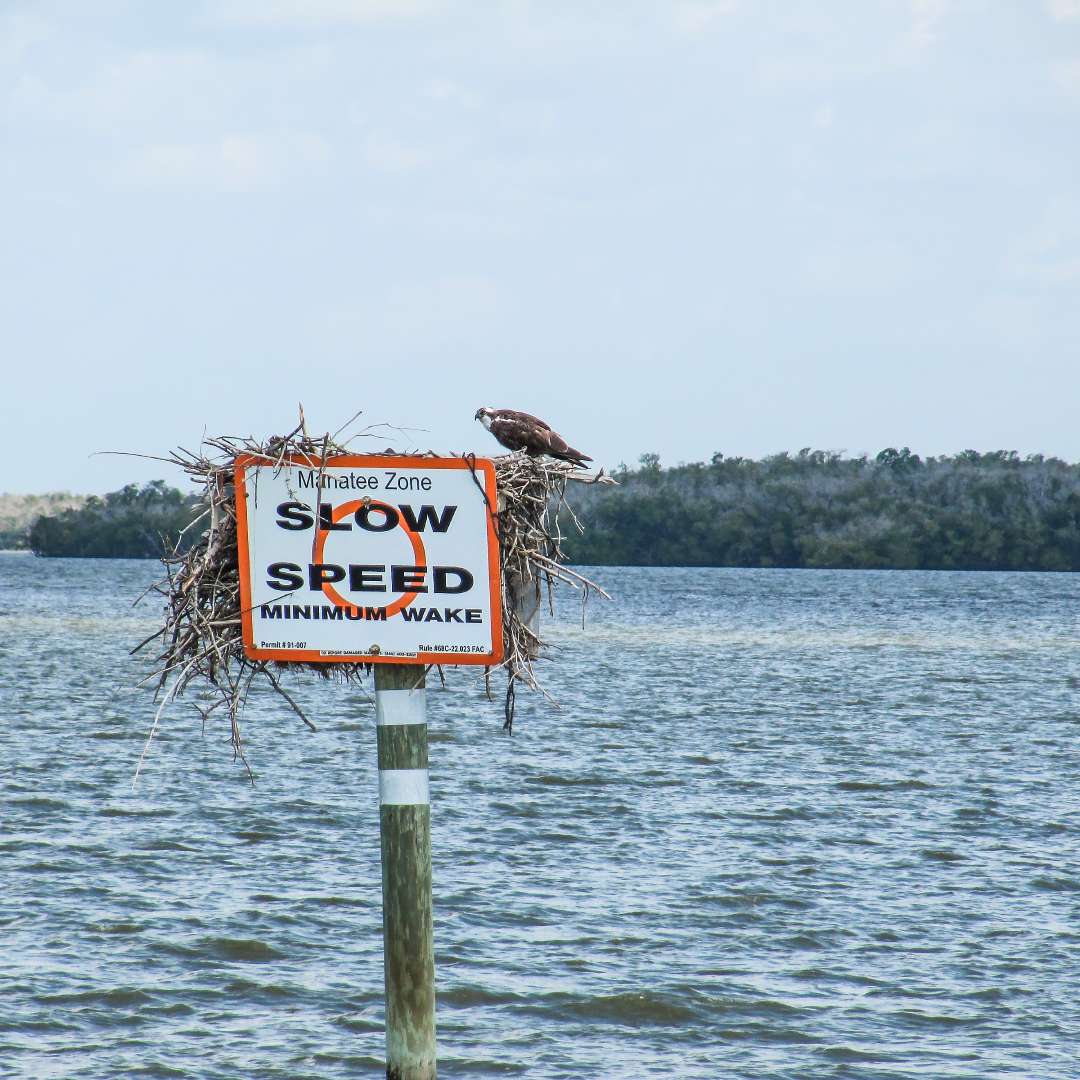Embarking on a journey across serene lakes or vast oceans offers an unparalleled connection with nature. Yet, as boaters and fishers committed to sustainability, it’s important to reflect on what you can do to respect nature while on the water. Beyond just enjoying the beauty around you, taking these mindful actions can significantly reduce your environmental footprint and protect these precious ecosystems for future generations.
Mindful Navigation
Carefully steering your vessel can minimize harm to aquatic life and ecosystems. Remaining vigilant about speed, especially in shallow waters, prevents you from disturbing marine habitats. Being aware of boating routes and avoiding restricted or protected areas is crucial. Conscious navigation allows you to respect marine wildlife and avoid collisions with aquatic creatures that may cross your path.
Sustainable Fishing Practices
Fishing sustainably ensures the preservation of fish populations and marine biodiversity. Using catch-and-release methods can reduce strain on fish populations while still allowing for a rewarding experience. Choosing eco-friendly fishing gear made from sustainable materials will minimize pollution. It’s essential to respect local fishing regulations and observe closed seasons to protect species during critical periods.
Proper Waste Management
Efficient waste management practices are vital when spending time on the water. Carrying reusable containers and avoiding single-use plastics can significantly reduce your waste footprint. Handle waste responsibly by securing trash onboard until you reach proper disposal facilities.
Keep in mind that your boat can also be a source of trash. Address chipping paint or cracking seat materials to prevent them from dislodging into the water. Additionally, looking for signs your lithium ion battery needs replacing and correctly disposing of old lithium ion batteries ensures these items don’t end up polluting the water.
Conservation of Water Resources
Water conservation is a key aspect of respecting aquatic environments. Maintaining your boat’s engine and bilge systems prevents oil and fuel leaks. Using biodegradable soaps and cleaning products minimizes chemical runoff into the water. Engaging in regular maintenance checks can preserve water quality and support the health of your local marine life.
Conclusion
Respecting nature while enjoying your time on the water involves making intentional choices that promote sustainability and mindfulness. By implementing mindful navigation, practicing sustainable fishing, managing waste effectively, and conserving water resources, you can make a meaningful impact.
The actions you take now are significant—not just for the environment today, but for the generations that will follow in your wake. Embrace these practices, and together, we can ensure that our cherished waterways remain vibrant for years to come.

